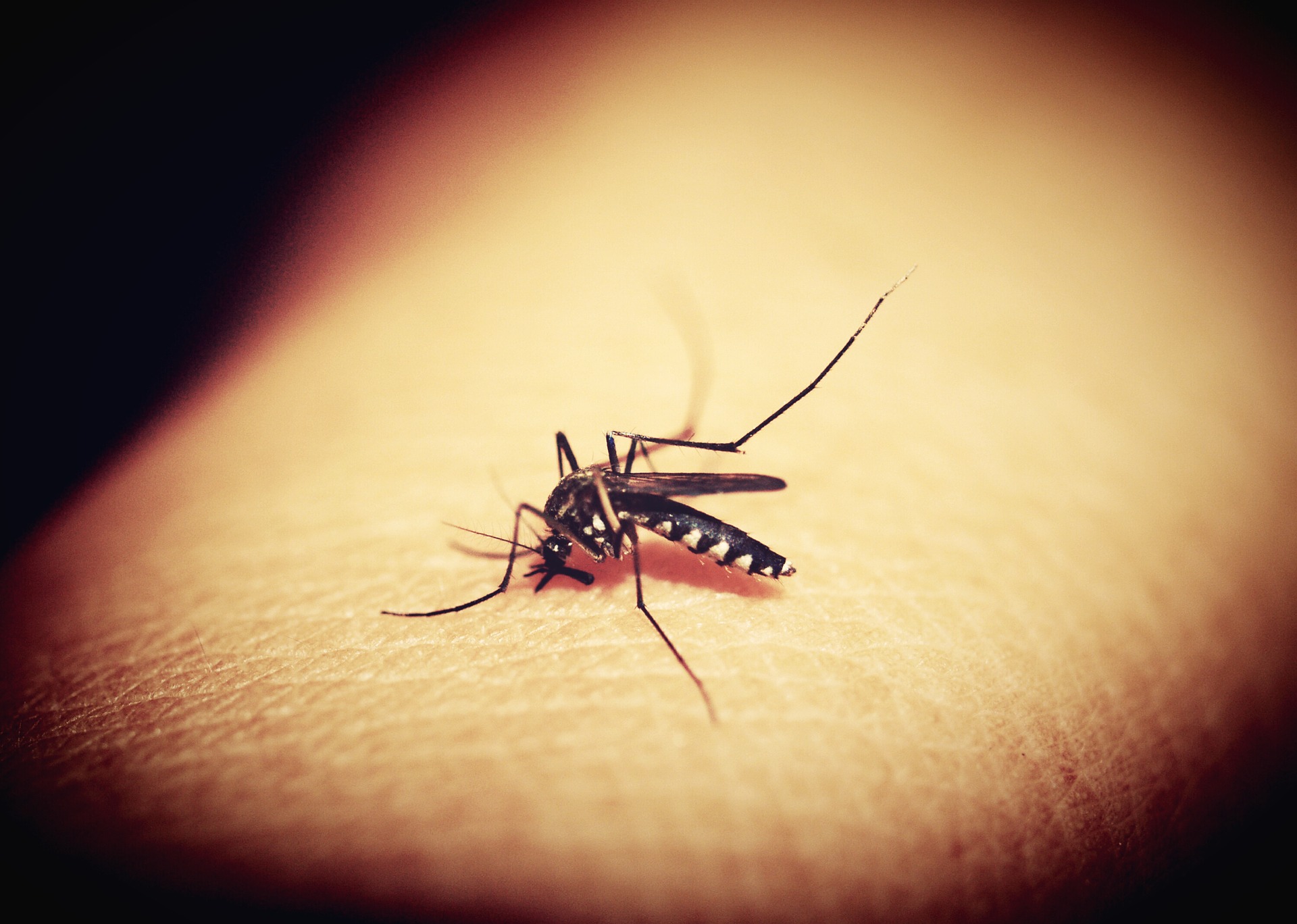MONTGOMERY – The Alabama Department of Public Health (ADPH) on Monday reported investigations of several cases of Zika and West Nile virus in Alabama residents.
“Mosquitoes can transmit viruses when they bite, causing illnesses that range from mild to severe or even fatal,” according to Sherri Davidson, interim state epidemiologist.
Infection with the Zika virus causes only mild symptoms in most cases, but the biggest risk is to pregnant women. Zika is now known to cause birth defects and other poor pregnancy-related outcomes if infection occurs during pregnancy.
To date in Alabama, the Zika virus has only been identified in individuals known to have traveled to areas where Zika is known to be endemic. There has been no local transmission.
Luckily, there are several things you can do to lower the risk of disease to you and your family. Dr. Dee Jones, state public health veterinarian, said, “The best way to avoid getting a disease from a mosquito is to reduce the risk of being bitten.”
Help keep mosquitoes off your skin and out of your yard by following these recommendations from the Centers for Disease Control and Prevention (CDC):
- When going outdoors, use EPA-registered repellents containing 20 percent DEET on skin or permethrin on clothes. Follow label instructions carefully when using any repellent. Repellents should not be used on infants less than 2 months old.
- Wear loose-fitting long sleeves and long pants.
- Install or repair screens on windows and doors. Use air-conditioning, if available.
- Empty standing water from items outside homes such as flowerpots, buckets, old tires and children's pools.
- Clean clogged gutters and clear drainage ditches and pipes of debris.
Public health environmentalists often conduct courtesy yard inspections in neighborhoods to help educate the public on mosquito control around the home and mosquito bite prevention.
Learn more:
- For more information on repellents, visit http://cfpub.epa.gov/oppref/insect
- For more information on prevalence and prevention of mosquito-borne diseases in Alabama, visit www.alabamapublichealth.gov/mosquito/index.html
Image credit: Pixabay



























